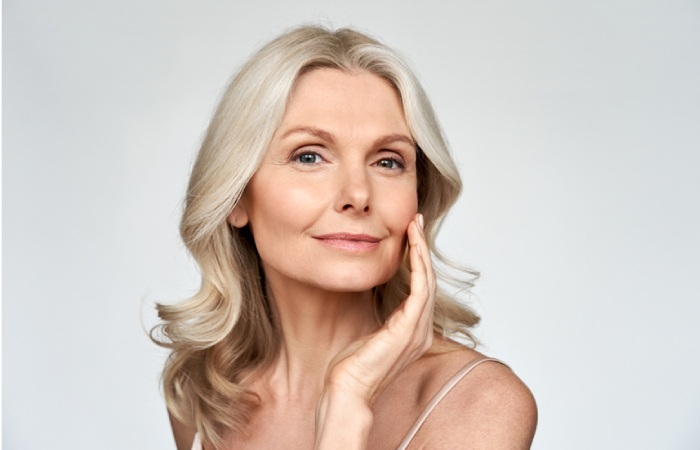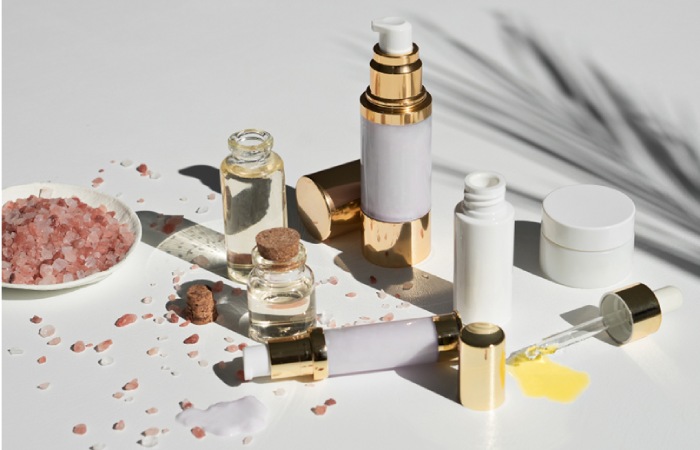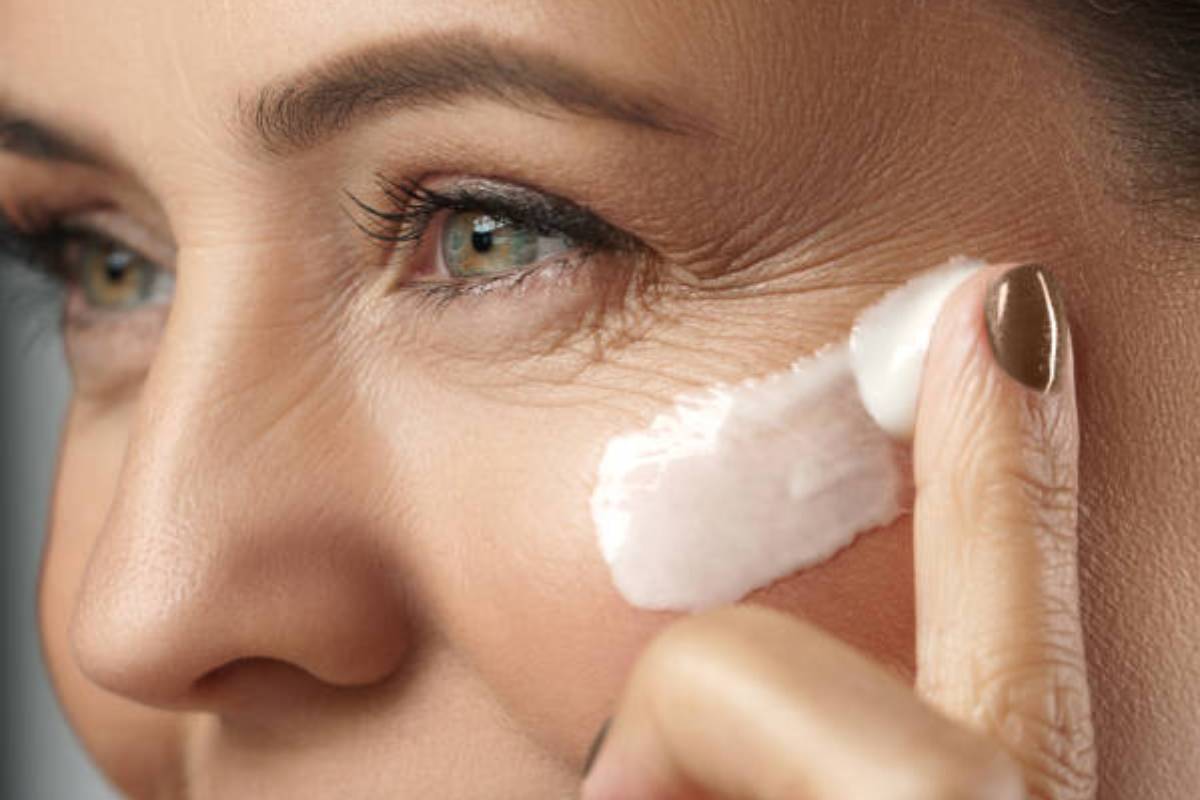If anti-aging skincare conjures up images of Botox and fillers, think again! While many cosmetic treatments and surgeries can help you look more youthful, you don’t have to go under the knife if you seek anti-aging benefits. There are now more over-the-counter cosmetic products than ever designed to provide anti-aging products without a doctor’s appointment.
If you’re looking for a solution that’s a middle ground, consider Calecim’s stem cell products. With it’s proprietary ingredient, PTT-6, you can achieve youthful looking skin.
While the results might not be as dramatic as a professional cosmetic treatment, topical skincare products can make a huge difference in your skin when used consistently over time. This is especially true if you incorporate them into your 3-step skincare routine early on and keep using them as you age. Starting anti-aging topical treatments in your 20s and 30s, especially sunscreen and retinol can significantly impact your skin over time. If you’re not sold on anti-aging skincare yet, here are eight benefits that incorporating anti-aging products can have on your skin over time:

Table of Contents
It protects against sun damage.
The most important anti-aging skincare product is a daily sunscreen. Regular sunscreen use will protect your skin against signs of sun damage, including visible sunburn, sun spots, fine lines and wrinkles, and more. If you must have a golden glow, skip the tanning beds (which also expose your skin to harmful UV rays) and try a self-tanning product with DHA. Skipping sunscreen to get a tan isn’t worth the permanent side effects that your skin will show as you age.
It reduces your risk of skin cancers.
Daily sunscreen use protects against something even more important than visible signs of sun damage: skin cancer. In fact, skin cancer is the most common in the United States, and one in five Americans will develop skin cancer by age 70. Anti-aging skincare in the form of daily sunscreen use will lower your chances of developing melanoma by 50%, which greatly reduces your risk. If that doesn’t convince you of the importance of anti-aging skincare, we don’t know what else will!
It helps to treat discoloration.
There are many possible causes of skin discoloration, ranging from dull dry patches to age spots to melasma to post-inflammatory hyperpigmentation. Since some of these causes of discoloration are age-related, specific anti-aging face masks can help to treat it. For instance, hydroquinone (formerly available over the counter but now prescription only) can help lighten dark patches of skin with consistent application.

It slows the signs of premature aging.
Aging is a natural process, and showing signs of aging eventually is entirely normal. It’s also important to have realistic expectations since genetics significantly affect how soon your age shows up on your skin. However, anti-aging skincare can help to slow down the signs of premature aging, including fine lines and wrinkles. You’ll have the most success if you use multiple different kinds of anti-aging skincare products, including sunscreens, retinol, and vitamin C.
It encourages faster skin cell turnover.
Anti-aging ingredients encourage faster skin cell turnovers on several different fronts. Topical retinol and retinoids speed up skin cell products, while the use of chemical exfoliators clears away dead skin cells to make room for new ones. These products are designed to address the natural slowing down of cell production as you age, but they can benefit people at all life stages. Retinol and chemical exfoliators effectively treat acne in young people and aging skin in older people.
It helps to treat dry skin.
If you have dry skin, you might benefit from anti-aging skincare, regardless of age. That’s because your skin’s sebum production slows as you age, meaning that most anti-aging skincare focuses on hydrating and moisturizing the skin to help restore those natural oils. This contrasts with a lot of skincare marketed toward young people, which is targeted toward managing oil production and treating acne. If your skin tends more toward the dry side, consider switching to an anti-aging moisturizer for the hydration your skin needs.

It makes your complexion look brighter.
Nobody wants a dull complexion that always looks tired and makes it challenging to apply makeup evenly. Certain anti-aging skincare practices, like regularly exfoliating and using vitamin C products, help treat dull skin and make your complexion look brighter, smoother, and younger. Hydrating and moisturizing ingredients targeted toward drier, more mature skin will also help to give a natural glow that is missing from dull, dehydrated skin.
It helps your skin to stay firm and elastic.
Nobody consciously wants saggy skin — instead, we all strive for plump, bouncy skin no matter our age. Anti-aging skincare is designed to support firm, elastic skin with ingredients like collagen and peptides. Hydrating ingredients will also help the skin to appear more plump by drawing much-needed moisture into the skin. In addition to your anti-aging skincare, don’t forget to drink enough water to ensure that your skin has enough moisture from the inside out and doesn’t look dried out.
Are you practicing anti-aging skincare yet? If not, what is holding you back? If so, what are your favorite anti-aging skincare products right now? Do you have any other tips for anti-aging? Let us know in the comments below!

